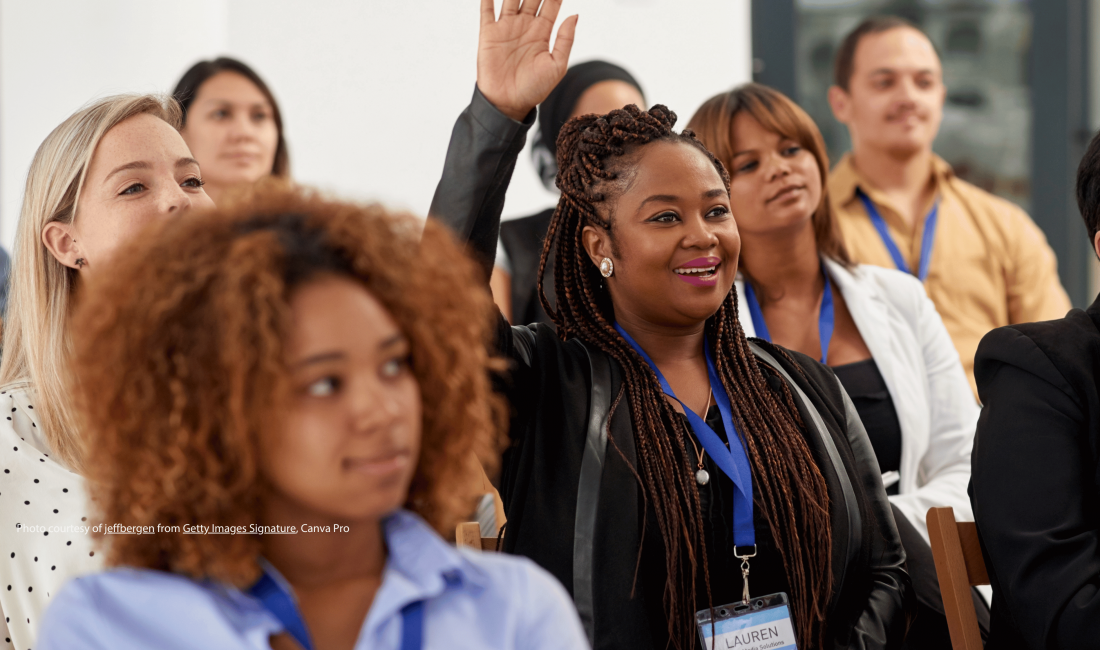The Freedom Charter, adopted by activist groups in 1955 during the early years of the apartheid regime, enshrined the vision of a democratic South Africa where “the people shall govern” and “all shall enjoy equal human rights.” However, the current reality in South Africa starkly contrasts with this vision. Present-day South Africa grapples with significant socio-economic challenges and declining voter turnout, particularly among the younger generation, commonly known as the “born frees” or “ama-2000.” To revitalise democracy and address these pressing issues, it is crucial to revisit the promises of the Freedom Charter and embrace more participatory forms of governance.
The Freedom Charter’s Promise of Participatory Democracy
The Freedom Charter emerged from a deep need to articulate a vision for a just and democratic South Africa amidst the brutal reality of apartheid. Drafted during the Congress of the People, a landmark multi-racial assembly held in Kliptown in 1955, the Charter was the result of widespread consultations with ordinary South Africans across the country. Key figures like Nelson Mandela, Walter Sisulu, and Albertina Sisulu played crucial roles in this process. The main political goal of the Freedom Charter was to create a blueprint for a non-racial, equal society that radically departed from the oppressive policies of apartheid.
The Charter’s demands for citizen participation, such as “the people shall govern” and “all shall have the right to participate in the government,” were rooted in the belief that true democracy could only be achieved through the active involvement of all citizens. This idea was inspired by global democratic movements and a deep commitment to creating an inclusive political system. Internationally, the Charter garnered widespread support from anti-apartheid movements, though it faced fierce opposition from the South African government. The emphasis on participatory democracy in the Freedom Charter is echoed in the Constitution’s preamble, which enshrines the right to participation and citizen engagement.
The State of Democracy in South Africa
Despite progress, South Africa’s 30-year-old democracy faces significant challenges. Voter turnout has declined markedly since the first democratic elections in 1994. Citizens feel disconnected from decision-making processes, and the socio-economic legacy of apartheid persists, with poverty, inequality, and unemployment affecting marginalised communities disproportionately. The entrenchment of corruption and lack of accountability have further eroded public trust in political institutions. This growing disillusionment is particularly pronounced among the youth, whose engagement is critical for the future of democracy.
The Silence of Young Voices
Youth voter turnout has declined dramatically, with only 38.8% of eligible youth voters participating in the 2024 election. This disconnect between young people and the political process undermines the future of South Africa’s democracy. The reasons for this disengagement are manifold: lack of trust in political leaders, perceived irrelevance of politics to everyday life, and inadequate civic education. Young people, who should be at the forefront of democratic renewal, feel their voices are neither heard nor valued.
Reviving the Promise of the Freedom Charter
Emerging from the 2024 elections is a type of government last seen in 1994: a Government of National Unity (GNU) comprising the African National Congress (ANC), which, for the first time in 30 years, failed to maintain a majority; the Democratic Alliance (DA), the official opposition; the Inkatha Freedom Party (IFP); and other smaller parties. The 2024 election results are a direct consequence and expression of citizens’ frustration with the status quo over the past 30 years. Leading up to the election, participatory democracy became a significant topic of debate, with discussions centered on enhancing citizen engagement in decision-making processes to create a more inclusive democracy.
The Electoral Amendment Act of 2023, which allowed for the inclusion of independent candidates while preserving the proportional representation system, was a key step towards this goal. The new GNU, formed in the wake of the election, has the unique task of revitalising South Africa’s democracy based on the promises of the Freedom Charter—assuming it can navigate the clear ideological and policy differences among its members. To truly address the challenges facing South Africa’s democracy, the new GNU must prioritise participatory democracy, this requires:
1. Strengthening Civic Education and Critical Thinking Skills
A robust democracy relies on an informed and engaged citizenry. To achieve this, South Africa must invest in civic education that goes beyond basic knowledge of governmental structures. Programs should focus on developing critical thinking skills, encouraging active participation in community issues, and fostering an understanding of the importance of democratic processes. Schools, universities, and community organisations must collaborate to create comprehensive curricula that empower individuals to be active citizens.
2. Implementing Participatory Budgeting and Citizen Assemblies Nationwide
Participatory budgeting allows citizens to have a direct say in how public funds are allocated. By involving community members in the budgeting process, governments can ensure that resources are directed towards the most pressing needs. Additionally, citizen assemblies, where randomly selected citizens deliberate on public issues, can provide a platform for diverse voices and foster inclusive decision-making. These assemblies should be institutionalised at local, provincial, and national levels to ensure broad-based participation.
3. Leveraging Technology for Inclusive Participation
The digital age offers unprecedented opportunities to enhance democratic participation. South Africa should leverage technology to create platforms for online consultations, e-petitions, and virtual town halls. Such tools can make participation more accessible, especially for those who may be marginalised by traditional means. Ensuring digital literacy and equitable access to technology is crucial for the success of these initiatives.
4. Decentralising Decision-Making Power to Local Communities
Decentralisation can bring government closer to the people, making it more responsive and accountable. Empowering local governments and community councils with greater decision-making authority allows for more tailored and effective governance. This approach can also strengthen community bonds and foster a sense of ownership and responsibility among citizens.
5. Collaborating with Civil Society Organisations
Civil society organisations (CSOs) play a critical role in advocating for citizens’ rights and holding governments accountable. The GNU should actively collaborate with CSOs to ensure that policies and programs reflect the needs and aspirations of all South Africans. This partnership can also enhance transparency and build public trust in governmental processes.
6. Addressing Socio-Economic Inequalities and Poverty
Participatory democracy cannot thrive in an environment of stark socio-economic inequality. The GNU must prioritise policies that address poverty, unemployment, and unequal access to resources. By creating a more equitable society, the government can ensure that all citizens have the capacity and opportunity to participate fully in democratic processes.
Conclusion
Reviving the promises of the Freedom Charter through more participatory models of democracy offers a pathway to a more inclusive, equitable, and vibrant South Africa. By empowering citizens to engage actively in decision-making processes, we can bridge the gap between the government and the governed, restore public trust, and build a democracy that truly reflects the will and aspirations of its people. The challenges are formidable, but with a commitment to participatory principles, South Africa can fulfill the vision of the Freedom Charter and create a society where “the people shall govern” in every sense of the word.




